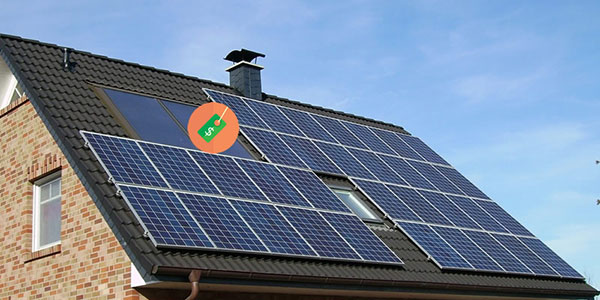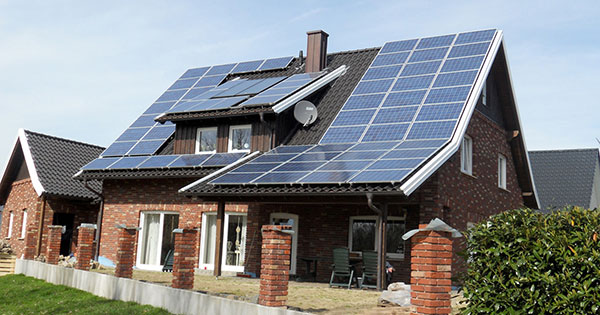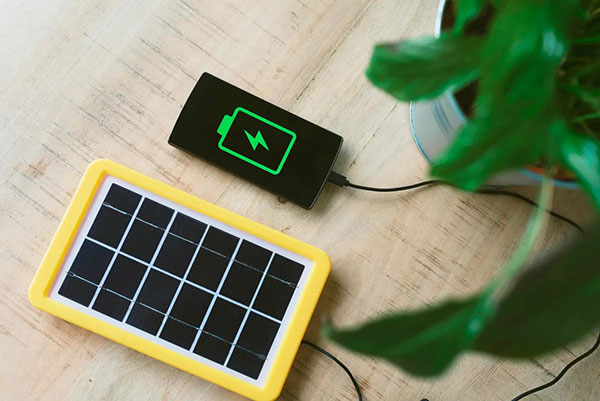Longevity and Replacement Intervals
Solar panels have progressed significantly in technology and efficiency, showing a
longevity higher than 25-30 years. Manufacturers grant solar panels a 20- to 25-year warranty, ensuring they will not lose less than 80% of their initial efficiency. This high longetivity makes solar panels a
valuable investment in the long-run, even if cheaper would thus less functional models may be found. Li-ion solar batteries are, however, less long-lived, models requiring replacement in 5-15 years typically. This lifespan is conditioned by how many times a battery is being charged and discharged and how carefully the owners maintain it, warranty conditions typically granting 10 years of service life with 60-70% of capacity remaining. While the longevity differences are clear, both solar batteries and the energy sources informing their work are limited, making the bar an exceeding one to meet. What is also worth considering is that solar batteries or accumulators are a less frequent choice, lead-type being more popular and somewhat cheaper in this regard.
Space requirements can also vary widely, depending on not only the number of panels or batteries used but also the specific characteristics of the models themselves. Generally, however, while solar panels require rather significant possessions of space, on one’s roof or in their proximity, solar batteries can require a lot less space, proportionally. If solar panels require a home for their work, their condition thus limiting people to changing them only if they have enough room, accumulators can be more freely manipulated, with the installed count varying more freely and in smaller quantities.
Pros:
- Energy Independence: Batteries provide energy storage for use during power outages or at night, enhancing self-sufficiency.
- Grid Services: They can offer services to the grid, like demand response, where the stored energy is sold back to the grid during peak times.
Cons:
- Replacement Cost: Given their shorter lifespan, the cost of replacement needs to be considered in the long-term financial planning.
- Complexity in Management: Batteries require more sophisticated management and monitoring systems to optimize their performance and lifespan.
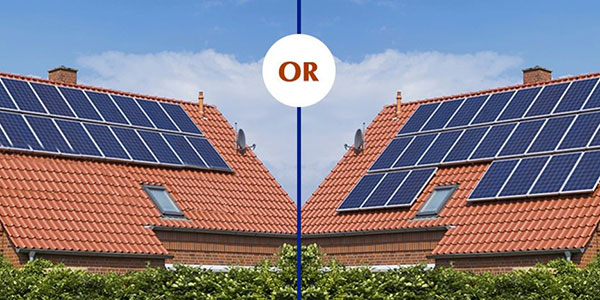
If you have been contemplating whether to add more solar panels to your photovoltaic system or to invest in batteries for energy storage, you might want to consider the following. Most likely, the answer will depend on your current experience with solar technologies and the long-term goals you have established. Correspondingly, for those who want to maximize their use of renewable energy sources and minimize grid dependence, more solar panels would be the default choice. In the meantime, for others who are motivated by energy independence and want to prepare for outages, batteries will seem to be the right investment . Thus, the decision between the two technologies is not only the matter of money. Instead, choosing between solar panels and batteries is about the alignment of one’s preference with their lifestyle choices, sustainability goals, and preparedness for the future. People have been moving towards a greener future for several decades now. In this sense, acknowledging the role that solar panels and batteries play is essential. Thus, the technologies will no longer be considered separately; instead, they will be assessed in light of contributing to my future energy home system.
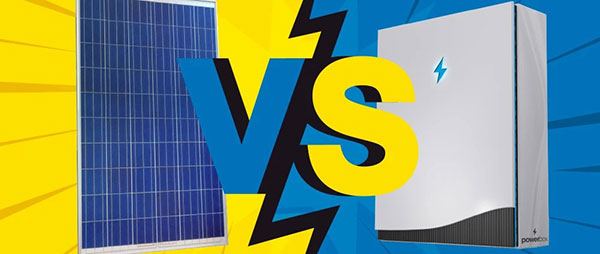
The Symbiotic Relationship – Energy Generation and Storage Dynamics.
On the sun-facing side, solar panels can be seen in everyday life, as they are the most efficient device for receiving solar energy and transforming it into electricity. The efficiency of this process primarily depends on the quality of the panel, the way it is installed, and how much sunlight is feeding it. Depending on the above conditions, a residential solar panel system can generate 250-400 watts per hour per square meter . Batteries come into play to store all your generated electricity. They usually hold between 5 and 15 kWh – enough to operate essential domestic appliances for several hours or even the whole day if necessary
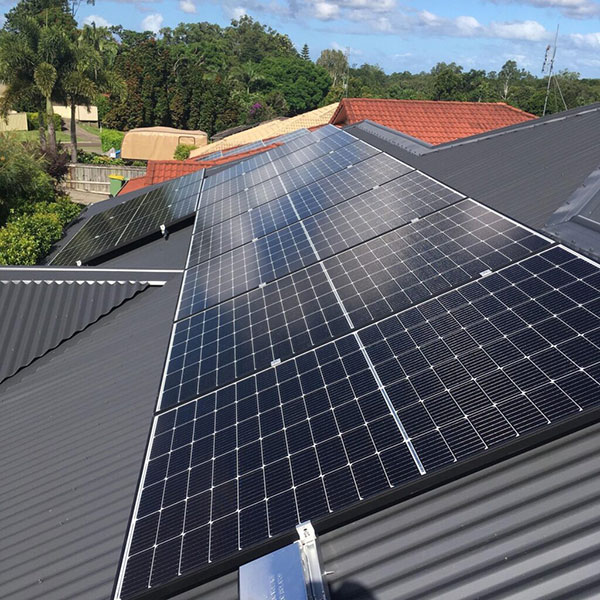
Capacity vs. Efficiency – What’s More Important?
When it comes to batteries or solar panels, it is crucial to decide which is more important between capacity and efficiency. First, as one might guess, solar panels’ capacity means its ability to turn sunlight into electricity at all – a higher number means bigger profits. Technically, the number shows efficiency, or, in simple terms, how good this panel is at turning sunlight into electricity. As such, the most efficient panel you can acquire at the market today is about 22% efficient, while the most inefficient one only shows 15% of performance . Panels with higher efficiency are more expensive but are worth their price for people whose roof size does not allow installation of a greater number of squares, as they produce more electricity per unit.
Solar panels generate electricity, while the capacity of the battery specifies how much energy can be stored and used. However, the effectiveness of batteries is also important, as it determines how much of the stored energy can actually be consumed before the battery needs to be recharged. According to Monowar, battery effectiveness usually varies from 85% to 95%, which implies that storage and retrieval processes lose from 5% to 15% of the energy . As such, the choice between these two options depends on whether a homeowner wants to be able to generate more energy that they could consume but to store it during low-production seasons.
A case in point can be made for off-the-grid homes as they require to store enough energy to supply their needs when none of it is being produced. At the same time, households connected to the grid can afford to invest in highly efficient solar panels and do not have to worry about that. Therefore, the choice between the two technologies implies a decision not only about each household’s energy independence but also a commitment to a larger environmental cause. Homeowners investing in one of the two technologies can develop completely different home energy systems, which indicates a need to thoroughly understand their specifics.
In general, however, the decision is always about reaching the optimal balance between energy production and storage. To put another way, a homeowner should invest just in enough solar panels and batteries in order to reach a perfect repartition between their electricity consumption patterns, financial capabilities, and environmental goals. Otherwise, the benefits of such a system might be negated, as a household might both fail to generate enough power to sustain its activities and stay dependent on the grid.
Some of the factors to consider when deciding on your level of customization includes the impedance of your property, goals, mechanical limitations, and spending plan, and financing alternatives. A dependable solar vitality supplier can enable you to decide the best level of customization for your needs. In addition, they must give the necessary permits and prepare carefully evaluated blueprint plans that demonstrate where panels are introduced; electrical gear and wiring, and mounting equipment.
To assure you make the most out of your system, you need to explore the expanding market of advanced controls and home automation. A connection to the internet enables the provider to monitor your system and work on your system remotely. You can also accept updates and see measurements on your system’s performance wherever you are. Advanced controls and home automation can allow you to schedule time-based charge/discharge for battery storage, trigger a backup generator during a power outage, and remotely monitor your home’s energy use and production.
Since electrical energy costs fluctuate over time, buying or selling electricity from the grid can influence the day to day operation of your property. The appropriate billing system can help minutely track electricity use and generation, whereas compensatory structure decides how much your system is worth in tax credits when selling back to the provider. It can prove beneficial to have expertly designed and introduced solar or battery energy product. Proper administrations include that your solar energy arrays are workings according to potential and can be repaired continuously. Anything less and the lifespan of your system might be diminished.
When it comes to system expansion, it’s not just about adding more panels. You also need to enhance your storage capacity to accommodate the increased energy production. As such, you need to plan this expansion to ensure that your batteries can handle the load and the system remains balanced in terms of generation and storage capacities.
The use of modular battery systems allows you to add storage capacity as your energy production increases or when the budget permits. This helps you fine-tune the balance of your system to maximize efficiency and resilience. Discovering what the optimal balance is for your solar system is a personal journey that involves merging the technical elements of the panels and batteries with the practicalities of your lifestyle and long-term priorities. By focusing on customisation and relying on expert advice, you can create a system that not only satisfies your energy demands but also advances your sustainability goals.




